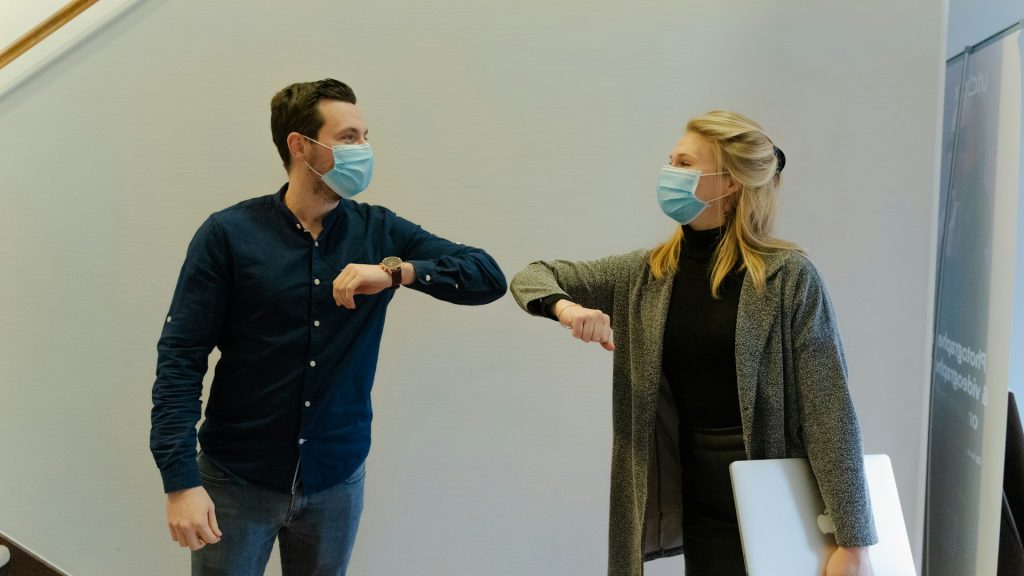In recent times, the world has faced an unprecedented health crisis with the outbreak of the coronavirus. Understanding coronavirus symptoms is crucial for individuals and communities to navigate these challenging times. This article aims to provide a comprehensive guide to help you recognize, differentiate, and respond to various aspects of COVID-19 symptoms.
Introduction
The coronavirus, scientifically known as SARS-CoV-2, can manifest in various ways, making it essential for individuals to be well-informed. Recognizing symptoms early not only aids personal health but also contributes to the collective effort in controlling the spread of the virus.
What is Coronavirus?
Coronavirus belongs to a family of viruses that can cause respiratory illnesses in humans. The variants of the virus, including the infamous COVID-19, have posed significant challenges globally. Acknowledging the nature of the virus is the first step in understanding its symptoms.
Common Symptoms Of Coronavirus
The most common symptoms of coronavirus symptoms dallas include fever, persistent cough, and fatigue. These symptoms, while seemingly ordinary, can be indicative of a potential coronavirus infection. Timely recognition is crucial for effective management and prevention of further transmission.
Lesser-Known Symptoms
In addition to the widely recognized symptoms, COVID-19 can also present with less common signs. Loss of taste or smell, gastrointestinal issues, and skin rashes are among the lesser-known manifestations. Being aware of these variations is essential for a holistic understanding.
Severity Levels
Symptoms of COVID-19 can range from mild to severe, with some cases requiring immediate medical attention. Categorizing symptoms based on severity helps individuals assess the urgency of seeking medical care and allows healthcare professionals to prioritize cases effectively.

Asymptomatic Cases
One of the challenges in controlling the spread of COVID-19 is the existence of asymptomatic carriers. These individuals show no symptoms but can still transmit the virus. Understanding the concept of asymptomatic cases is vital in implementing effective preventive measures.
Long-Term Effects
Beyond the acute phase of the illness, some individuals experience lingering symptoms and complications, collectively known as post-acute sequelae of SARS-CoV-2 infection (PASC). Exploring the potential long-term effects emphasizes the importance of a holistic approach to recovery.
Distinguishing from Other Illnesses
COVID-19 symptoms can overlap with those of common illnesses like the flu. Distinguishing between them is crucial for accurate diagnosis and appropriate treatment. This section provides insights to help readers differentiate COVID-19 from other illnesses.
COVID-19 and Children
While children often experience milder cases of COVID-19, it’s essential for parents to be aware of unique symptoms in pediatric cases. This section addresses the specific considerations and provides reassurance to parents navigating these concerns.
Preventive Measures
Vaccination, hygiene practices, and adherence to public health guidelines are critical in preventing the spread of the virus. This section emphasizes the importance of individual and collective responsibility in curbing the transmission of COVID-19.
Seeking Medical Advice
When in doubt about symptoms or exposure, seeking prompt medical advice is crucial. Encouraging readers to consult healthcare professionals ensures accurate diagnosis and appropriate guidance for managing the illness.
Global Variations in Symptoms
The symptoms of COVID-19 may vary across regions and populations. Recognizing these variations is essential for a nuanced understanding of the virus’s impact on diverse communities. This section explores the dynamic nature of the virus and its manifestations.
Latest Research Findings
Ongoing research continues to uncover new facets of COVID-19. Summarizing recent findings keeps readers informed about scientific advancements, contributing to a collective knowledge base in the fight against the pandemic.
Community Responsibility
Controlling the spread of COVID-19 requires a shared effort. This section advocates for a sense of community responsibility, urging individuals to adhere to preventive measures and support one another in these challenging times.
Conclusion
In conclusion, understanding coronavirus symptoms is paramount for individual and community well-being. By recognizing, differentiating, and responding to symptoms effectively, we contribute to the global effort in overcoming the challenges posed by COVID-19.
FAQs – Unraveling Queries About Coronavirus Symptoms
Can COVID-19 symptoms vary from person to person?
Yes, symptoms can vary, ranging from mild to severe, and may differ among individuals.
What should I do if I suspect I have COVID-19?
Seek medical advice promptly, follow public health guidelines, and consider getting tested.
Are children more resilient to COVID-19 symptoms?
While children often have milder cases, it’s crucial to be aware of unique symptoms in pediatric cases.
What are the long-term effects of COVID-19?
Some individuals may experience lingering symptoms and complications; this is known as PASC.
How can I contribute to controlling the spread of COVID-19?
Adhere to preventive measures, get vaccinated, and promote community responsibility.